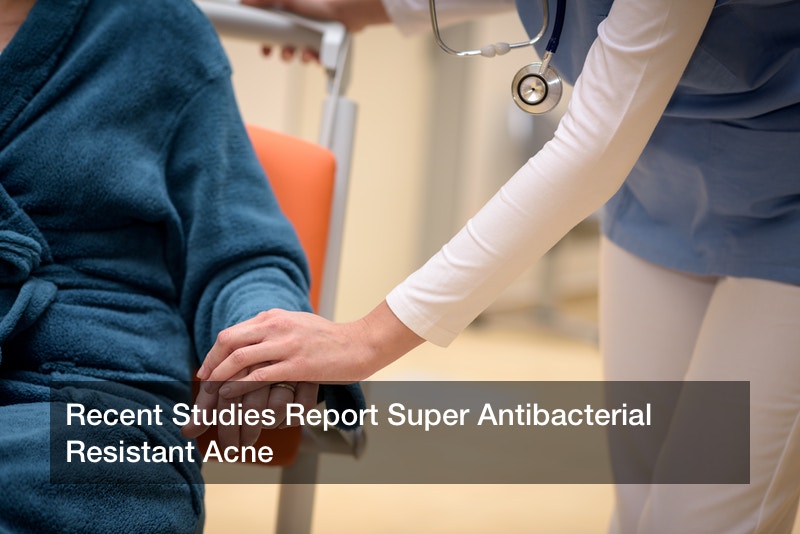
There are many types of doctors out there, and of course the doctor that you go to depends on the condition that you have. Generally, if you have a skin condition, you are going to go to a dermatologist. There are many different types of conditions that dermatologists treat. Whether you have a rash or are afraid that you might have skin cancer, this is the doctor that you would go to for help. Most of the time, you will want to find one in your area.
If you do not have a lot of experience working with a dermatologist, you might have many questions about working with one. For example, you might wonder, how can I find a dermatologist consultation near me? You might also wonder if you can get dermatologist help for free, since a lot of people may not be able to afford an appointment. There are many dermatology articles that you can read online, although it needs to be stressed that reading an article online is not a substitute for going to the doctor. You might also want to look up dermatology places that will charge on a sliding scale or that will give you medical care free of charge.
UPDATED 10/23/20
A recent study by a team of British researchers is concluding that physicians should limit their antibiotic prescriptions for the treatment of acne, because it could be responsible for a super-resilient form of acne that does not respond to antibacterial treatments.

The reason the “super acne” is so dangerous is because it is spread by person to person contact. This essentially makes for stubborn contagious breakouts.
The most commonly used antibiotics to be avoided are tetracyclines, erythromycin, and clindamycin.
“The growing resistance to antibiotics among skin patients is of concern,” said Nina Goad, of the British Association of Dermatologists. “Eighty percent of teenagers experience acne, and while for most it disappears with age, for some it continues well into adulthood. This is a problem that needs to be managed.”

The study also concluded that of the 994 people observed who had Propionibacterium acne were also testing positive for the antibiotic-resistant form of the bacteria.
Consultant dermatologist Dr Alison Layton adds, “These results highlight the need to use antibiotics judiciously when managing acne and to ensure that alternative effective agents are used, such that reliance on antibiotics is reduced whenever possible.”

Nearly 85% of people will have acne at some point in their life.
If you are currently on an anti-bacterial acne treatment, consult your dermatologist on how these findings may affect you.
Dermatology is the field of medicine dedicated to diagnosing and treating acne and all skin diseases. Dermatologists are also concerned with problems affecting the hair and nails. The field developed in the 19th century and today employs some of the most advanced diagnostic and treatment facilities and procedures. In Great Britain, dermatologists receive specialized training in addition to their regular medical education. They will utilize acute dermatology practices when treating serious conditions. This is important because the skin, while protecting the body from the outside, often has many of its own problems. These problems can range from the itch-causing eczema to such malignant conditions as carcinoma and melanoma.
Acne is a common problem that is usually associated with adolescence but which can affect those of any age. Caused by a number of factors, from bacteria to excessive amounts of oil in the skin, acne can cause serious scarring if not properly treated. In dealing with any skin disorder, one has to consider finding an acne skin doctor near me. One has to also consider the issue of finding an affordable dermatologist near me no insurance. Dermatologists are here to help.
Like this:
alison layton, dermatologist harrogate, dr alison layton, what is pearl acne, pearl acne.


